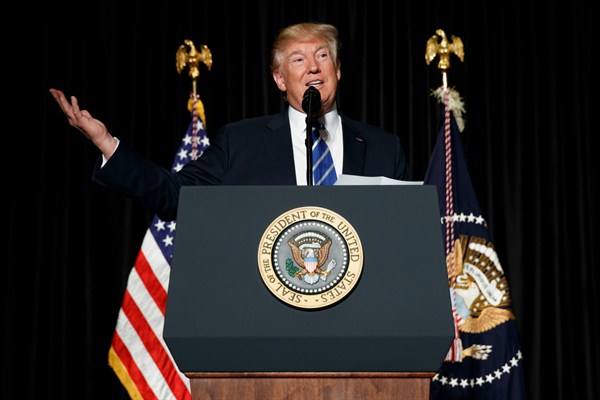Upon moving into the White House, U.S. President Donald Trump could have opted for a cautious approach, carefully learning the ropes while building political alliances and public support. Instead he has taken the opposite tack, rapidly staking out ambitious, even revolutionary positions.
Among these were draft executive orders to drastically reduce American involvement in the United Nations and other international organizations, and withdraw from some multinational treaties. If implemented, these policies will signal a fundamental shift in the world role the United States has played for the past 75 years. They would be revolutionary indeed.
While Trump did not often discuss the United Nations during his presidential campaign, he clearly is not a big fan of the global organization. One key to his electoral success lay in convincing conservatives that he would advance their positions. This is where the U.N. comes into play: The American political right has long been skeptical of, even hostile toward the organization. This escalated during the 1960s and 1970s as the U.N. was used by member nations to oppose American positions, most starkly on the Arab-Israeli conflict. While disengaging from the U.N. was not a high priority for most of the political right, criticism of the organization was common.

